Think eating healthy is too expensive? Think again! This post will give you helpful ways to eat healthy on a budget, with info on the best food to buy and recipe suggestions, too!
Eating on a budget gets me excited.
Really, I’m serious, my friends!
I like to fill the blog with recipes that are nutritious and easy to make, and I like to write posts about things like counting your macros (it’s really not that hard), the benefits of eating healthy spices and foods, and exercising.
And at home, I do all of this on a budget that I follow. It works well to keep finances on track so I have money for other fun stuff, like travel and doing things with Dustin and the kids.
Besides that, I don’t like waste and I find when I stick to a financial plan even when it comes to food, I waste less and use more. I watch what I put in the pantry and use it wisely.
Read on and I’ll give you helpful ways to eat healthy on a budget, without it being boring or tedious. It’s easy to do when you’ve got tips (I’ve given you tons). And you'll see great budget-wise recipes throughout the entire post, too!
WHAT ARE THE BEST FOODS TO BUY IN BULK?
Plenty of foods can be bought ahead and stocked up on when on sale. These are some that I keep on hand:
- Protein powders can be used in a lot of ways to boost your protein input (I like protein powder so much that Dustin and I created cleanish Brand Plant-Based Protein Powder in 3 delicious flavors)
- Peanut butter (you can make your own, too)
- Dried whole wheat pasta
- Rice
- Quinoa
- Dried fruit
- Nutritional yeast (makes a great vegan substitute for cheese)
- Frozen vegetables
- Frozen chicken and beef
- Frozen berries
- Dried lentils
On the other end of the scale, don’t buy too many spices, flours (whether nut-based, whole wheat, or white), most oils, and all fresh fruits and veggies. They may spoil, wasting your money. In particular, fruits and veggies can rot relatively quickly.
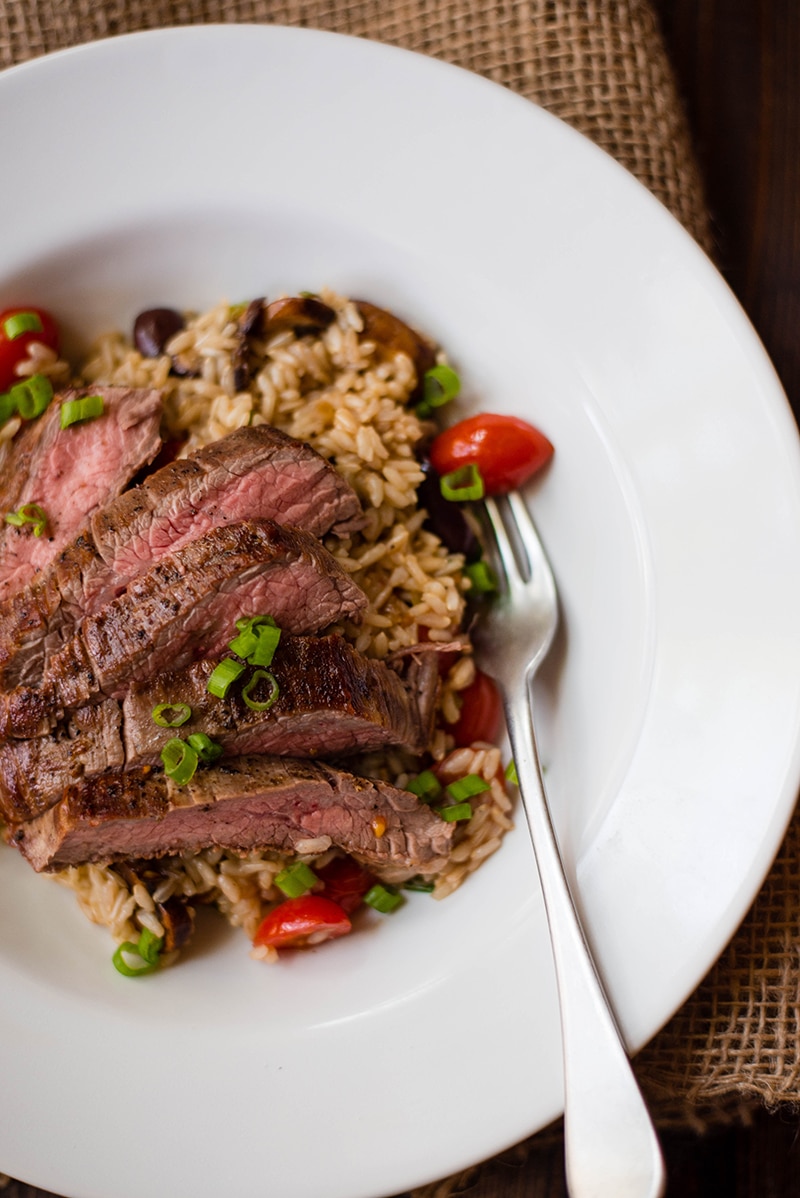
FOODS YOU CAN BUY ON SALE THAT WILL LAST
To save money but not waste food, stock up on these long-lasting staples:
- Brown rice
- Quinoa
- Honey
- Dried beans
- Oats
- Apple cider vinegar (mix it with water for super health benefits)
- Pure maple syrup
- Baking soda (use it for toothpaste when intermittent fasting!)
BEST BUDGET MEAT OPTIONS
Buying healthy proteins on a budget is easy. Take a look at these options:
- Chicken thighs
- Flank steak (try this recipe: Flank Steak With Chimichurri Sauce)
- Skirt steak
- Ground beef
- Chicken or turkey carcass for soup (soup from a carcass is an excellent budget-friendly recipe)
- Remember, when you marinate your protein, it makes it tender and tasty
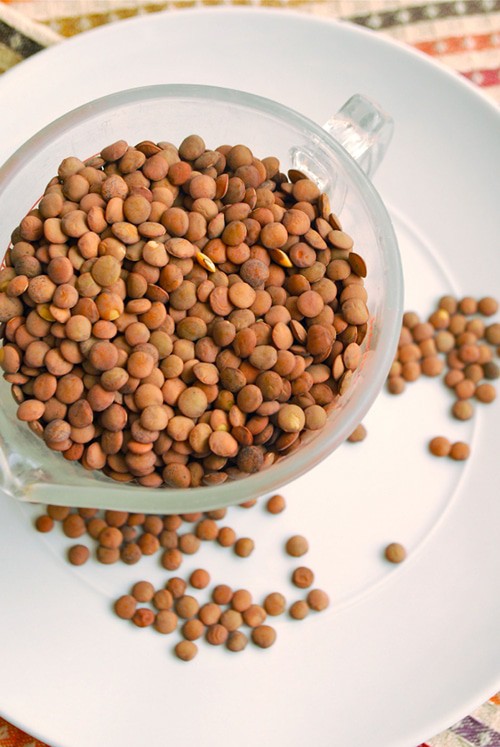
HOW TO PLAN A MEAL ON A BUDGET
I’m going to go into much more detail below in the 23 ways to eat on a healthy budget, but just quickly, keep these points in mind:
- Plan your meal around what’s on sale
- See what you have on hand and use as much as you can from the pantry
- Dig deep in the freezer to use food other than what is right on top
- Eat grains, legumes, and whole-wheat pasta to add bulk to the meal
- Know your family’s favorites so the food gets eaten and not wasted
MEAL IDEAS FOR HEALTHY EATING ON A BUDGET
There are lots of recipes on the blog that are simple and easy to make. Here are a few suggestions:
- Grilled cheese and Homemade Tomato Soup
- Use leftover steak to make a Steak Cobb Salad, including eggs and chickpeas
- Make-Ahead Frozen Breakfast Burritos are good any time of day
- Slow Cooker Chicken Tortilla Soup freezes well for a quick meal another day
- A great meal prep idea is Healthy Chicken Fajitas, and it’s very budget-friendly
- Overnight Oats are perfect for breakfast or a snack
- Healthy Slow Cooker Beef Stew can be made with inexpensive cuts of meat
- Quinoa Lentil Salad is an excellent way to enjoy a plant-based protein
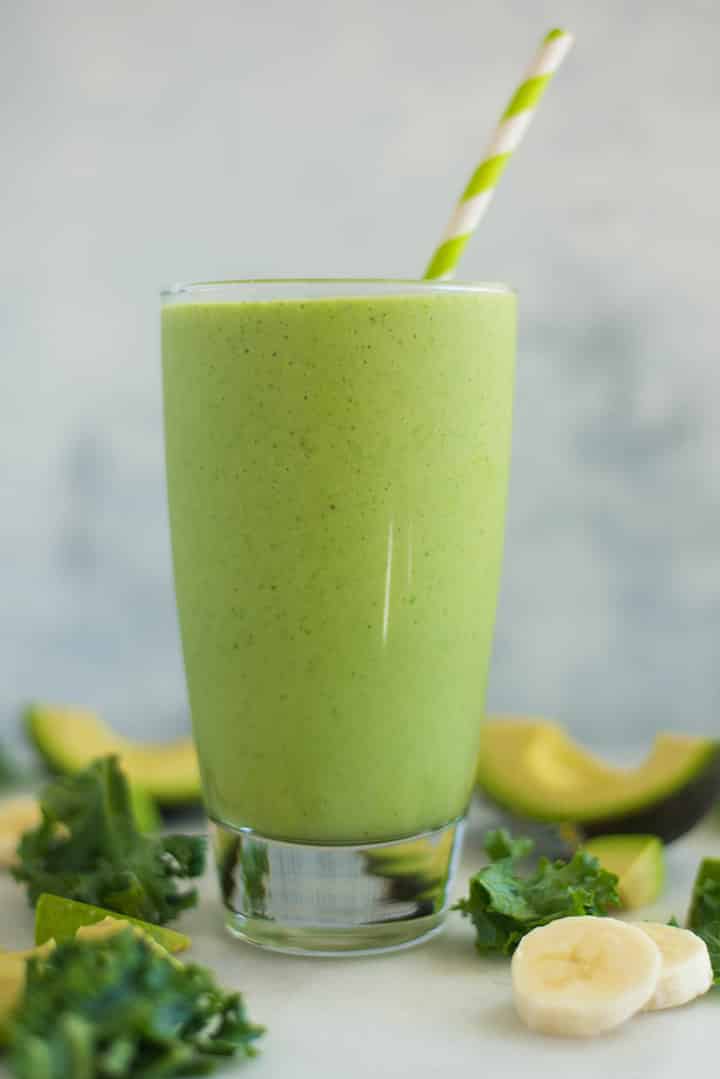
LIST OF CHEAP BUT HEALTHY FOODS
Combining cheap and healthy is not at all impossible. In fact, there are plenty of nutrient-dense foods out there that pack a lot of nutritional punch:
- Dairy: Cottage cheese, full-fat yogurt, milk (see my post on how good full-fat dairy is for you!)
- Vegetables: Squash, cabbage, carrots, broccoli, Brussels sprouts
- Legumes and grains: Oatmeal, quinoa, lentils, beans, brown rice, edamame
- Proteins: Fish (including canned tuna), eggs, chicken, pork
- Plant-based protein: Chickpeas, peanut butter, green peas, tofu (check out a detailed list of vegan proteins here)
- Fruits: Bananas, oranges, apples, frozen berries
- Spices: Spices like turmeric can elevate a meal and provide health benefits
23 HELPFUL WAYS TO EAT HEALTHY ON A BUDGET
1. STICK TO YOUR LIST
Have you ever come home from a grocery run, almost surprised by what you take out of the shopping bag? Sometimes impulse buys are just that - so impulsive that you forget what you bought once home. Stick to a list of healthy budget-wise foods to eat well, stay on track for your healthy living goals, and remain within budget.
2. SHOP FOR BARGAINS AND SALES
I often plan my meals around what is on sale that week. If it’s chicken, I’ll plan on cooking a dish like our favorite Chicken Enchiladas. I’ve got 35 recipes in a blog post on how to cook perfect chicken, so next time you see a deal on poultry, check out the post! Look for bargains on beef, chicken, fish, and vegan proteins, and build recipes around them.
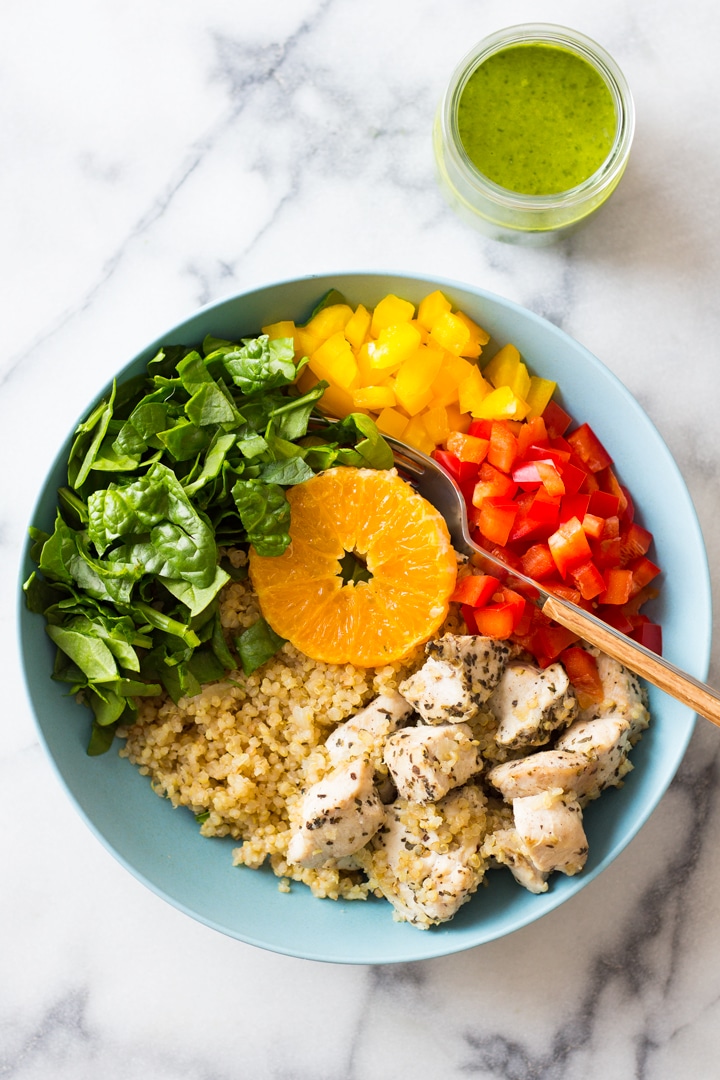
3. BUY IN BULK
I always buy staples like quinoa (one of my favorite non-meat proteins) in bulk because I make a lot of dishes with it. From quinoa for breakfast to the Healthy Quinoa Make-Ahead Casserole, I go through a lot of it. Buying in bulk just makes sense and saves money, too.
4. BEWARE OF HIDDEN SUGARS IN FOODS
Hidden sugars typically mean packaged foods. Packaged food means more expense. And it’s important to note that these foods are nutritionally empty for the most part. So, you are taking in calories for an energy spike, but in the short term, you can experience crashes. You are also eating additives that just aren’t good for you.
5. DRINK WATER
Drink plenty of water, which is much healthier and less costly than juice. Soda pop is way off the list when it comes to healthy foods. If you like a little flavor in your beverages, try fruit-infused water.
3. MAKE PRICE COMPARISONS
When making your way through the aisles of the grocery store, take the time to compare prices. Check to see if buying the family-sized version of a food item makes more sense than buying a smaller size. Avoid single-serving items, for example, as the price will be more expensive per unit.
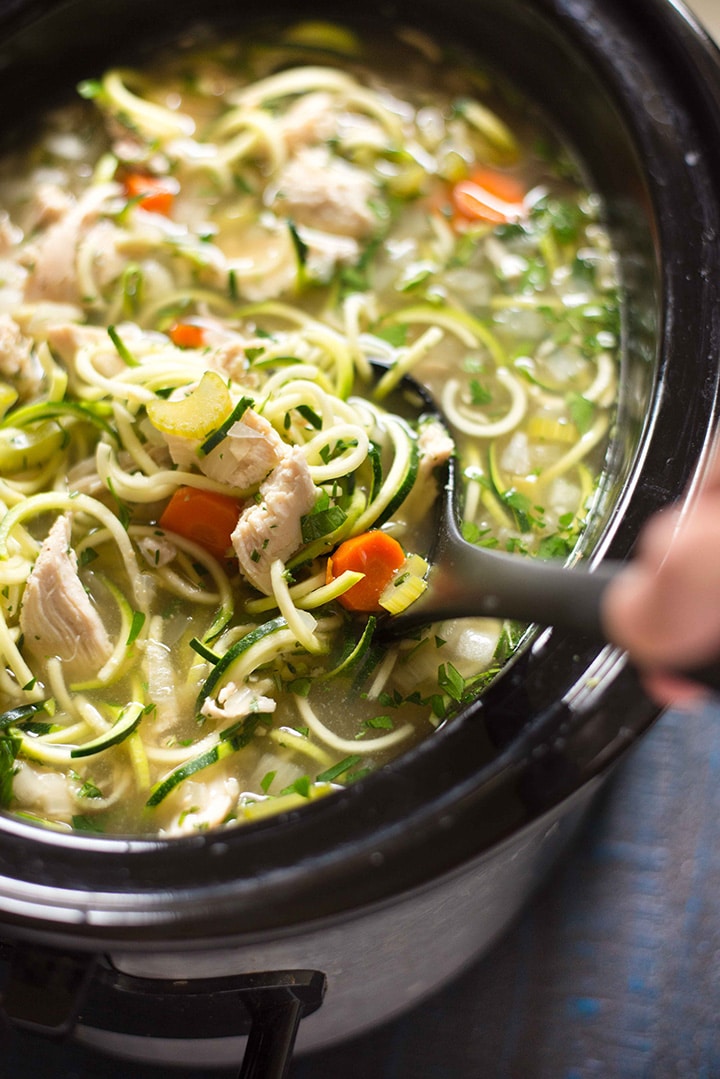
4. STOCK THE PANTRY AND FREEZER
Keep often-used staples on hand. You’ll save running out to grab a recipe ingredient in a pinch, and you’ll save money by shopping when items are on sale and stocking the pantry. Don’t overstock the pantry or the freezer. Take a look at the lists here in this Healthy Emergency Food Prep post to get ideas for stocking up.
5. SHOP WITH THE SEASON IN MIND
When produce is plentiful, make lots of salads and freeze things like green beans and broccoli, and then use the veggies in soups and as healthy sides. You gotta love roasted broccoli or cauliflower, right?
6. CONSIDER RECIPES USING PLANT-BASED PROTEINS
Using plant-based proteins like lentils is not only economical but super good for you. Buy some kale and sweet potatoes on sale and make a delicious meal of Sweet Potato and Lentil Hash With Garlic Sautéed Kale. Very tasty, full of fiber, and a money-saver, too.
7. AVOID PROCESSED AND PACKAGED FOODS
Don’t fall for fake healthy foods. Many packaged granola bars are full of sugar. Veggie chips have a ton of sodium, and low-fat foods just replace the fat with a lot of sugar. Processed meats and fried foods cause inflammation. Avoid those unhealthy choices and go for anti-inflammatory foods, like berries and leafy greens.
8. FOLLOW A BUDGET
I mentioned earlier that you should buy from a prepared shopping list. Along the same lines is a weekly or monthly budget. Make a budget for groceries, just like you do for weekly entertainment and annual travel. Then, you’ll see that shopping for healthy food makes your money go further.
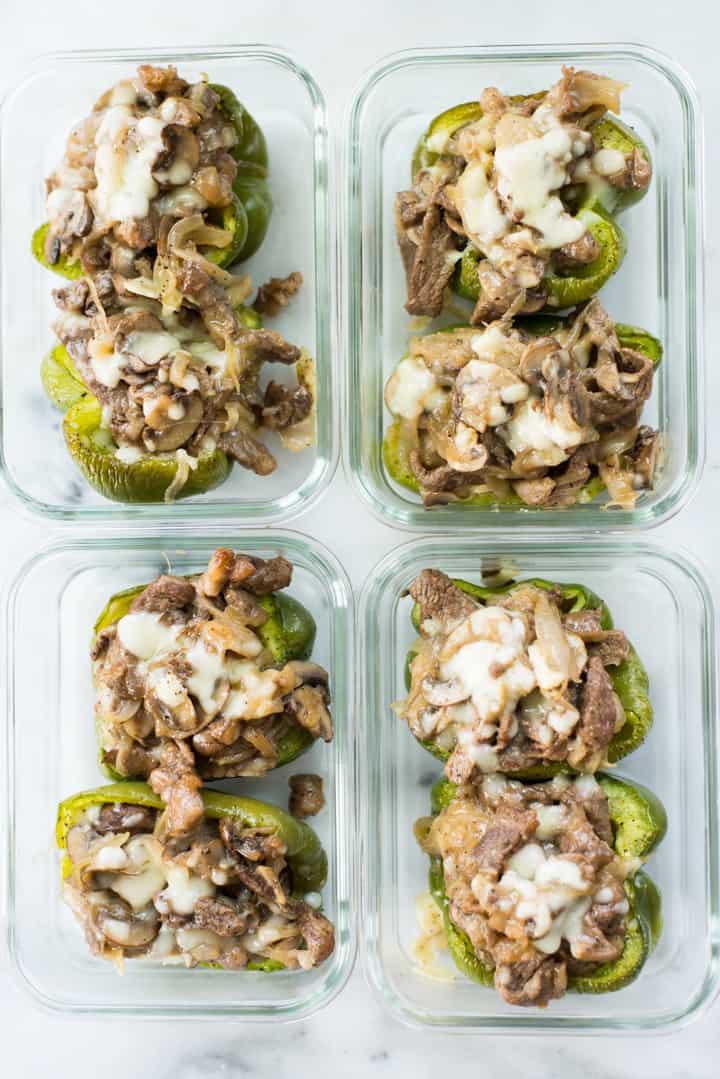
9. TAKE ADVANTAGE OF MEAL PREP
I love meal prep! My fridge is always brimming with meal prep containers filled with healthy food. The blog is full of meal prep recipes (this post has 50 recipes), and it’s a fact that when you have healthy meals and snacks prepped in the fridge, you are less likely to snack on junk.
10. BUY FRESH AND FROZEN
Don’t shy away from frozen fruits and veggies. Buy some veggies and fruits fresh for crunchy salads and after school snacks. But remember that frozen fruits and veggies are packaged at their peak, and are also budget-friendly sources for lots of nutrients.
11. SHOP THE PERIMETER OF THE STORE FIRST
This is an old but wise rule. The outer aisles of the store are where you’ll find the healthy stuff, like fresh produce and meat. Yogurt, cheese, and items like frozen veggies form the outer edges of the store. In the middle, you’ll find canned soups (make your own for way less sodium), frozen prepared meals, and quick to grab snacks.
12. USE COUPONS WISELY
Use coupons for healthy foods only. Don’t be drawn into the junk food aisles by the lure of “buy one, get one free” or other tricks of the trade. You may feel as though you are getting a bargain, but you are only getting empty calories that do not fuel your body at all. If you are looking for a snack, make protein bars at home.
13. USE A SLOW COOKER
Use cheaper cuts of meat and have them turn out amazingly in the slow cooker. Pulled pork is delicious, is a real time-saver, and works great for meal prep! Instant pot pulled pork is perfection, too!
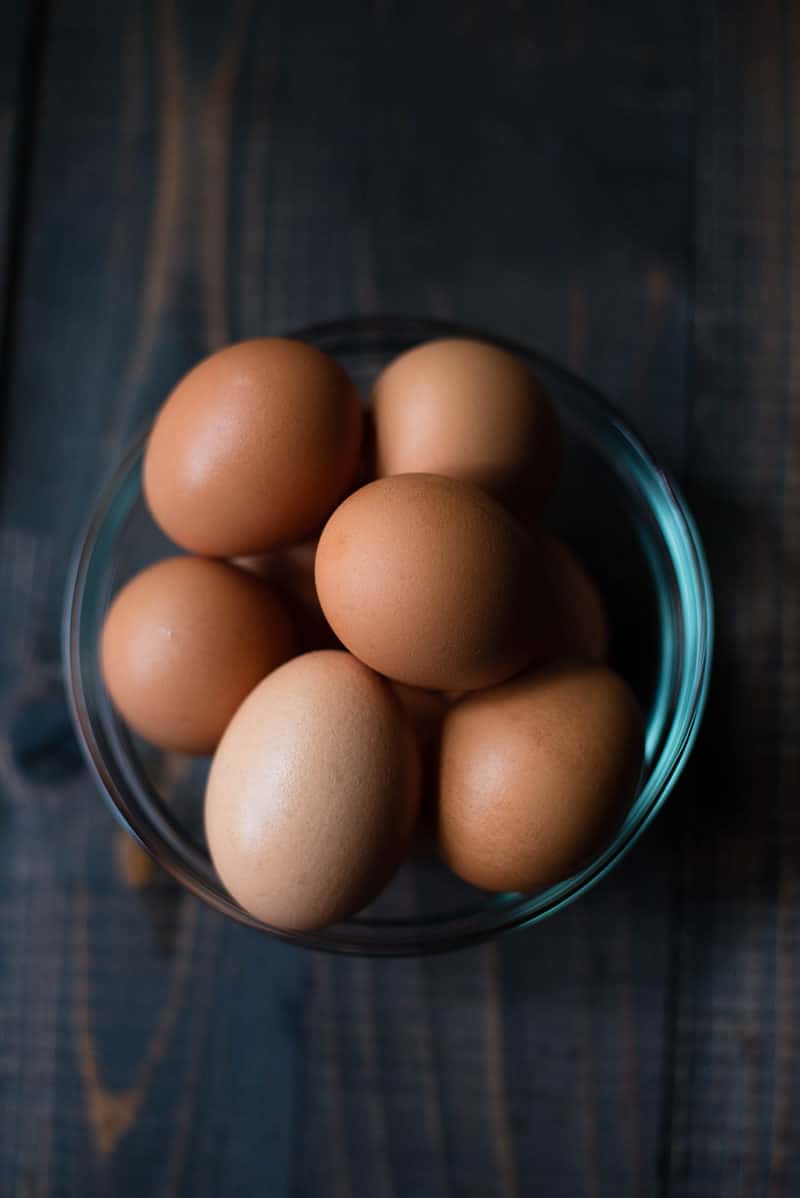
14. EAT EGGS
Eggs pack a lot of punch. They really do. I’ve written a post on the benefits of eggs, so you can take a look to see how good they are for you. They are economical and a great high protein snack.
15. EAT PROBIOTIC AND FERMENTED FOODS
Fermented foods are amazing for your health (see why here) and they are great on the budget, too. I like sauerkraut, which is high in antioxidants. Other suggestions are kimchi and miso. Full-fat foods with probiotics are super nutritious ← think plain Greek yogurt in a smoothie! I’ve got 35 recipes using Greek yogurt. Give some a try.
16. COOK ENOUGH FOR LEFTOVERS
This is often my aim. Especially because when I make a favorite recipe like Eggplant Parmesan, I’ve just got to have some leftovers for another meal! One budget meal turns into another the next night. Double the savings, right?
17. USE LEFTOVERS IN WISE WAYS
I’ve mentioned before how much I love Flank Steak With Chimichurri Sauce. Flank steak is an economical cut of meat so I make extra to throw into a stir-fry of broccoli and cauliflower. Make chicken noodle soup when you have leftover chicken, and of course, the holiday turkey for turkey soup. Using your leftovers wisely is a good way to stretch the food dollar.
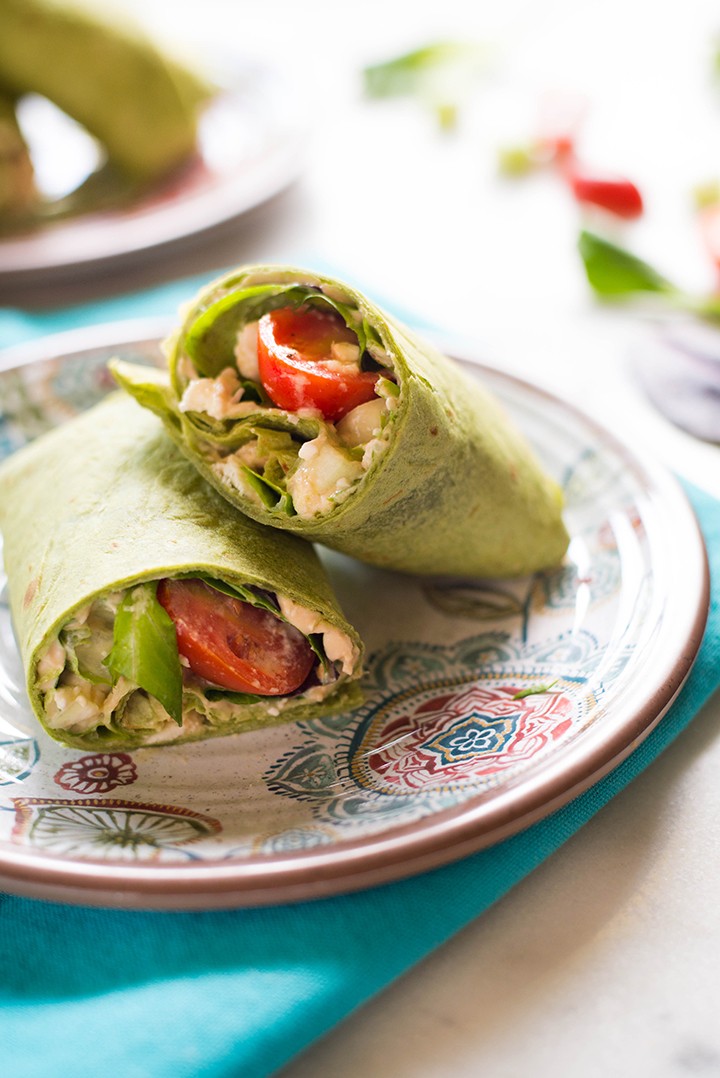
18. EAT WRAPS
Another way to use up leftover meat and veggies is in wraps. Quick to make and nutritional, wraps are ideal for an easy to put together meal. I love to make my own tortillas. Spinach (just 4 ingredients!) and cauliflower tortillas make for a highly nutritious wrap.
19. PLAN YOUR MEALS
Planning your meals works hand in hand with budgeting, in my opinion. Meal planning not only lets you stick to your grocery list, but you can also ensure that you follow dietary requirements, such as eating an anti-inflammatory diet.
22. DON’T SHOP WHEN HUNGRY
We all know this is a no-no. But we all do it! But kidding aside, going to the grocery store with a list in hand, a budget to follow, and a full stomach is the way to go. If you are in a rush on the way out the door, grab a Make Ahead Freezer Breakfast Sandwich to sate your hunger before you shop.
21. COOK AT HOME INSTEAD OF DINING OUT
Do you love takeout and eating in restaurants? Cooking at home is much more budget-wise. Sure, treat yourself now and then, but try to make the majority of meals at home. Watch my video on 3 Healthier Takeout Options to Make at Home!
22. FOLLOW A CLEAN-EATING DIET
I can’t say enough about clean eating. It’s better for you and because you are not buying expensive packaged foods, it’s easy on the budget. Wholesome foods make better meals with lots of leftovers options.
23. TRY YOUR HAND AT GARDENING
Put your green thumb to the task and plant a garden. It’s fun, and for the cost of a few seeds, you will have seasonal access to fresh and yummy food for salads, veggies and dip, and excellent side dishes - all on a budget!
This post contains affiliate links for products I use regularly and highly recommend.

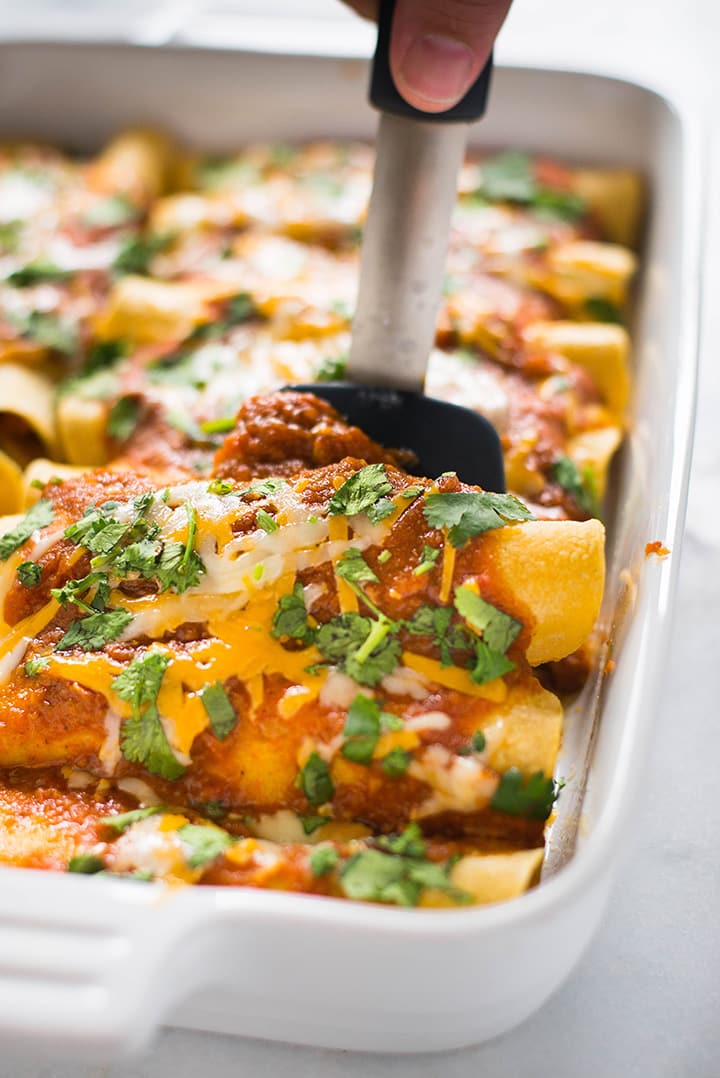

Jerilea
Shopping at the farmers market is a great way to save money, too. I once tried eating organic food on a SNAP budget for 2 weeks. The biggest factor was planning ahead. Making your own bread and noodles with bulk flour was a benefit too.
Jen Moderator
Excellent point! Farm markets, when available, are such a good resource for healthy and affordable produce. Also...LOVE your tip on making bread and noodles with bulk flour. Thank you for sharing!